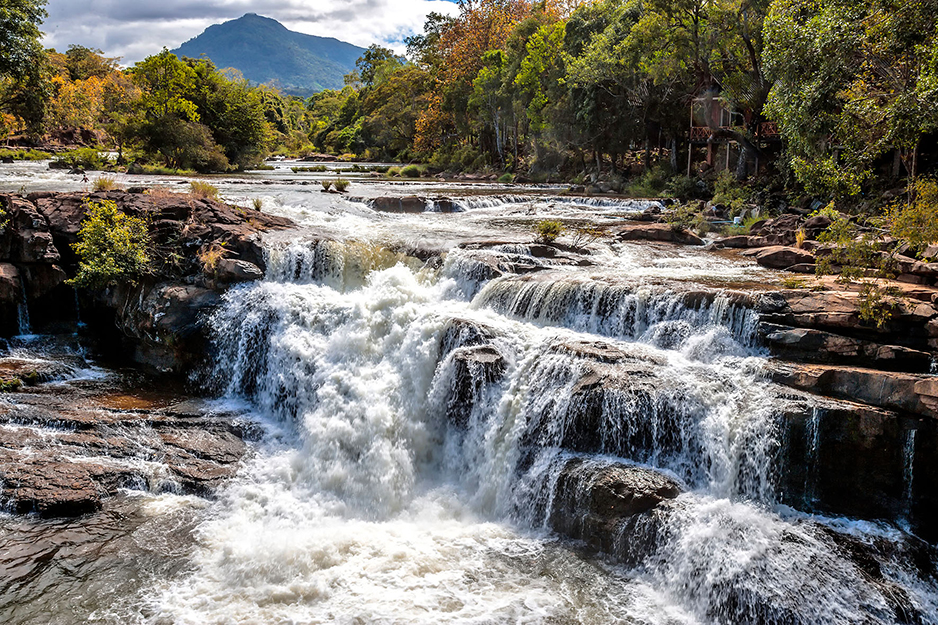Catch all the highlights on a grand tour of the south.
Southern Laos is a diverse place with a myriad of sites to visit. There is something for everyone, from waterfalls, to history, to food, to nature, and culture, all tied together by the wide ribbon of the Mekong River. The warm-hearted and hospitable southern people are ready to guide and assist by showing you their marvelous land and introducing you to the beauties of Southern Laos.
The Mekong River in Southern Laos
Locally known as the mother of waters, the Mekong is one of the world’s greatest river systems and its high biodiversity of flora and fauna is exceptional in Southeast Asia. The view of the Mekong on top of Phou Salao in Pakse is simply breathtaking.
Wat Phou and Champasak town
This UNESCO World Heritage-listed pre-Angkorian Khmer temple complex is set in a stunning natural setting, which gives it a mystical atmosphere. Did you know that the biggest festival in Southern Laos celebrates this magnificent structure around January-February (depending on the lunar calendar)? What to expect in this 3-day local celebration? Elephants coming down from Phou Asa – have an excellent view of this procession at Champasak Spa, see a long line of white-clad nuns offering threads of cotton to be tied to your wrists for good luck and protection, witness traditional dances, and hear holy sermons. The Wat Phou temple complex is the cultural heart of a wider historical landscape on the plains of Champasak, so please avoid littering and plan ahead to prevent using plastic! To avoid the crowd, why not visit the lesser-known, but equally enticing That Sam Pang village?
The Bolaven Plateau: Coffee, tea, zip-lines, and waterfalls!
In the green rugged highlands of Southern Laos, you can explore coffee and tea plantations via the Coffee Trail to learn more about the production process at Mystic Mountain Coffee, Mr. Vieng Coffee Homestay, Captain Hook, Jing Jhai, or Lak 40. For a more extreme experience, ziplining at Tad Fane resort and kayaking at Houy Bang Lieng via Green Discovery are good options. The plateau was also recently in the news as the resting place of a major meteorite impact 800,000 years ago that flung Australasian tektites over the planet’s surface.
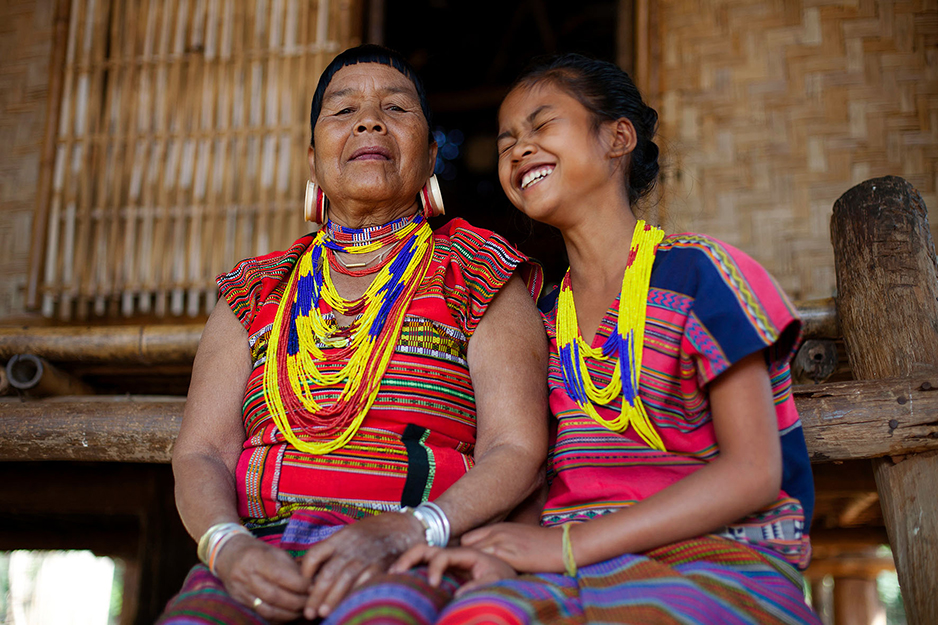
Phou Asa and the Xe Pian National Protected Area
The village of Kiet Ngong is located just on the edge of one of the largest wetlands in the area. It’s best to visit there during the rainy season so you can take a boat around the marshes on the outskirts of Kingfisher Ecolodge. The access road is still unpaved, and it can therefore be challenging to reach, especially in the rainy season. All treks in Xe Pian NPA should be undertaken with a local guide. To book a tour, visit the Tourist Information Office in Pakse, or book directly with Kiet Ngong and Pha Pho villagers (Lao speakers only). Alternatively, you may contact Kingfisher Ecolodge or other local tour companies.
The 4000 Islands
Si Phan Don, which means 4000 islands, is a river archipelago situated near the Cambodian border. The three main islands are the larger Don Khong, which even has a bridge connecting to the main highway and the two smaller twin islands of Don Det and Don Khone. Not to miss here is a visit to see the endangered Irrawaddy Dolphins. Experience an authentic River Life Experience at Si Phan Don: witness farming with buffalos, basket weaving, fishing with handwoven nets, and vegetable cultivation along the riverbanks.
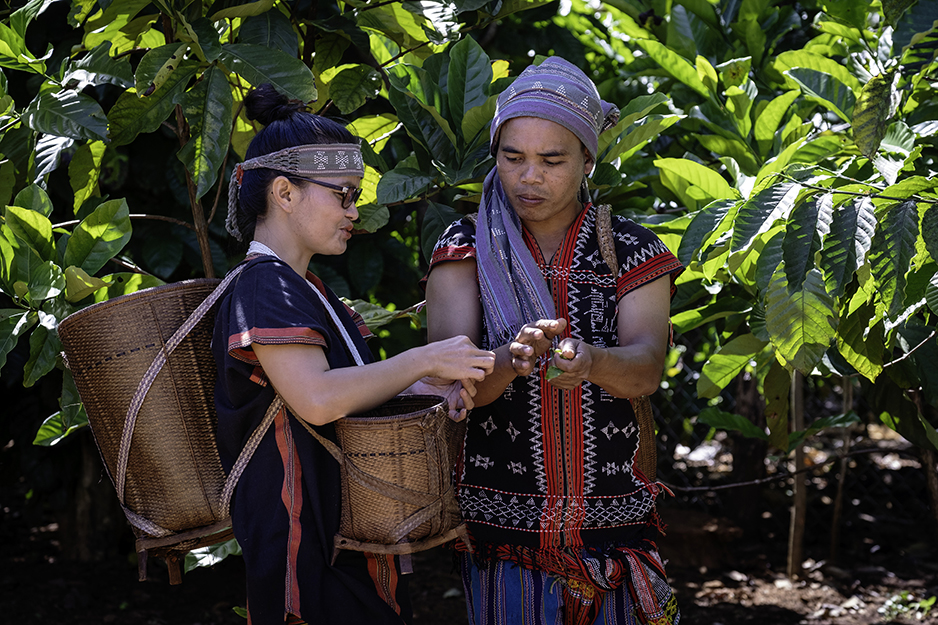
Khone Phapheng waterfall
Locally known as the jewel or the pearl of the Mekong, as it is Southeast Asia’s largest waterfall by volume. In the 19th century, when Laos was still part of French Indochina, the French tried to establish a shipping route via Khone Phapheng. After several unsuccessful attempts to navigate the falls by ship, they decided to go around the falls by building a railway bridge between Don Det and Don Khone islands.
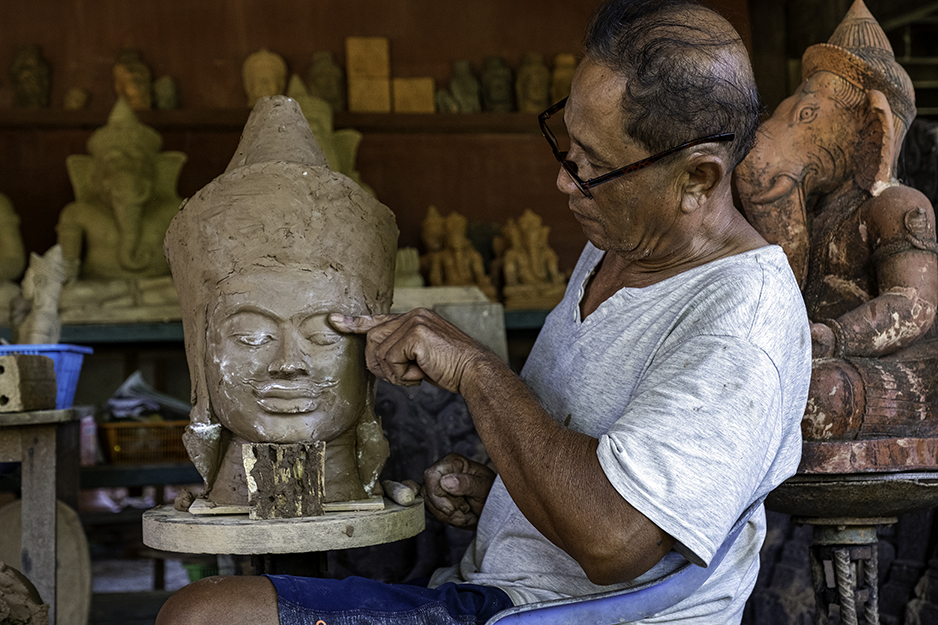
Tad Lo and Tad Hang
The Tad Lo and Tad Hang waterfalls dip into the abundantly fertile Bolaven Plateau. Tad Hang is closest to the village and is a favorite swimming destination. A short walk upstream there is Tad Lo with its enormous granite wall over which the water spills.
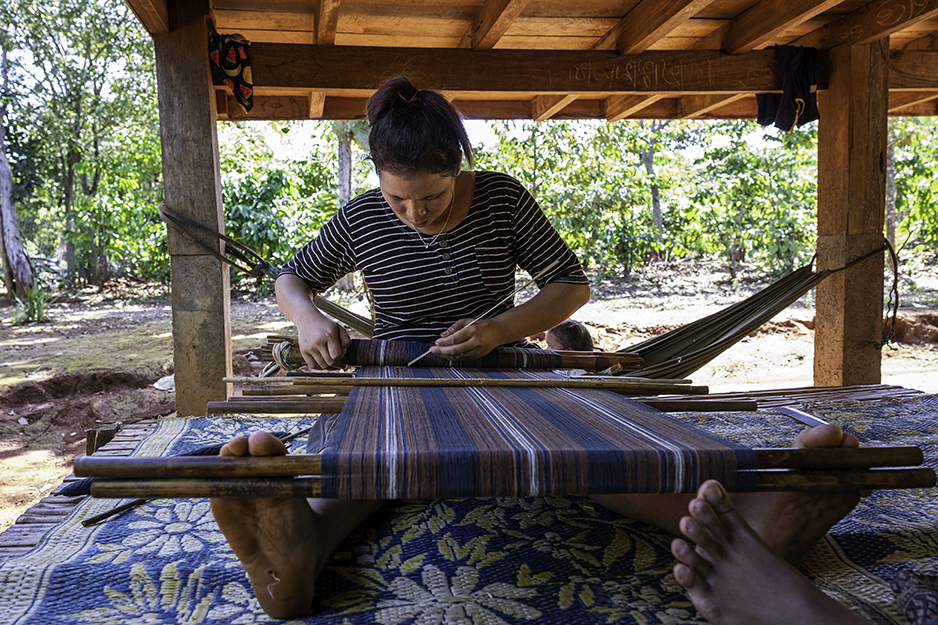
Handicrafts
Why not do a handicraft tour and see the weaving masters at work? Especially at Ban Kan Done which is the home of the Katou and Talieng ethnic groups. They celebrate a major festival every year around March with the main festivities revolving around the traditional community house at the center of the village. An interesting fact about these ethnic groups is that they carve wooden coffins for each family member well before their deaths. Other notable sites to visit are Ban Houay Houn and the Toumlan weaving trail at Salavan.
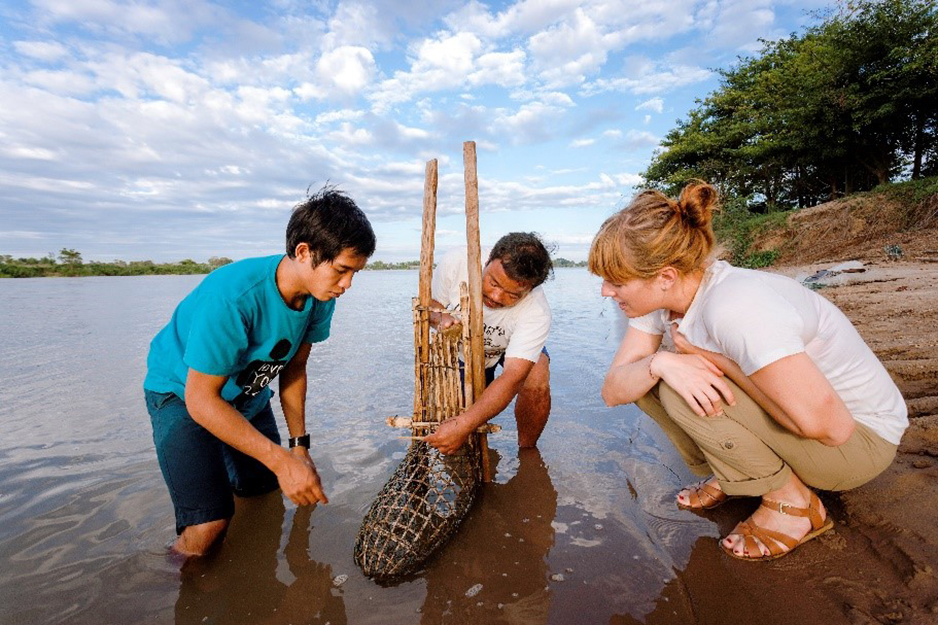
GETTING THERE
Lao Airlines has regular flights to Pakse from Vientiane.
Visit southern-laos.com when planning your trip.
Text BY Southern Laos Marketing Taskforce
PHOTOGRAPHS BY Bart Verweij / Swisscontact



 ລາວ
ລາວ